French President Emmanuel Macron told a meeting of mayors on Tuesday that the “peak” of rioting had passed but he remained cautious about calling an end to the violence.
“Is it a permanent return to calm? I will be cautious, but the peak that we’ve seen in previous days has passed,” Macron said, according to TV pictures of his speech which was confirmed to AFP by a participant at the meeting.
France has been gripped by nightly rioting for almost a week, sparked by the death of a 17-year-old boy at the hands of police.
Rioting spread from the Paris suburbs to towns and cities across France, although the worst trouble remains concentrated in the low-income suburbs of the big cities. Almost all trouble has flared overnight when buildings and cars have been set ablaze, shops looted and fireworks and missiles fired at police.
In response, both local and national governments have enacted a series of restrictions aimed at containing the rioting.
Transport
Across France, bus and tram services will stop at 10pm on Monday night an hour earlier than previously. This measure remains in place “until further notice” but is likely to be lifted if the situation remains calm. This has also affected local cross-border services to Switzerland.
Metro services can run as normal, depending on the decision of local authorities – in Marseille the night-time Metro services were halted over the weekend while the Paris service stopped at 1.15am, rather than 2.15am as is normal at weekends. Several Paris Metro stations were closed on Saturday as police dealt with groups of protesters on the Champs-Elysées.
National transport services such as SNCF trains and inter-city buses are running as normal, as are international services such as flights and the Eurostar.
Curfews
Several communes have opted to impose night-time curfews, usually running from 10pm to 6am. This largely affects the Paris suburbs and are imposed by local mayors. French daily Le Parisien put together a list of all areas around Paris affected by curfews – you can find it here.
Gatherings
The government has also imposed a ban on ‘large gatherings’, with the precise details of events left up to local authorities. Over the weekend several large concerts and festivals were cancelled in Paris and Marseille. If you’re heading to a large event, check in advance on the venue’s website and social media pages.
Fireworks and petrol
A ban on the sale of fireworks – widely used as missiles against police by rioters – and petrol in cans has been imposed on a national level. This remains in place “until further notice” – in practice it will depend on how the next few nights play out.
Riots
Violence gripped France for six consecutive nights, although there are signs that the situation is improving with Sunday and Monday nights calmer across the country. Monday saw just 72 arrests, as opposed to over 1,000 on Thursday and Friday nights.
However there were still sporadic clashes and incidents of arson.
Prime minister Elisabeth Borne said that 45,000 police will again be deployed on Tuesday night in order to quell any further outbreaks of disorder.
However, tourists should be aware that the violence remains concentrated in the poorer, low-income suburbs with cities centres generally much less affected.
Bars, cafés and restaurants remain open as normal and the weekend in Paris saw the usual level of clientele.
While some small towns have seen clashes, rural France remains unaffected so far. As parked cars remain a favourite target for arsonists, if you’re in a city centre it is advised to avoid street parking if possible and use an underground car park.
Police
Expect to see very high numbers of police if you’re in towns or cities over the next few days as extra reinforcements are called in. Police are likely to be on edge so if you’re ordered to leave a certain area, we suggest following the police instructions.

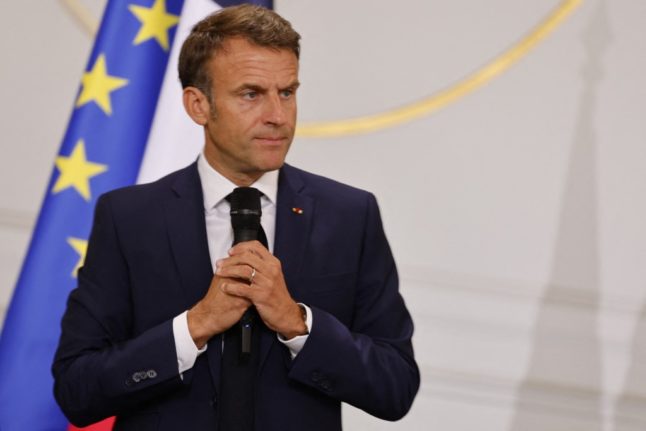
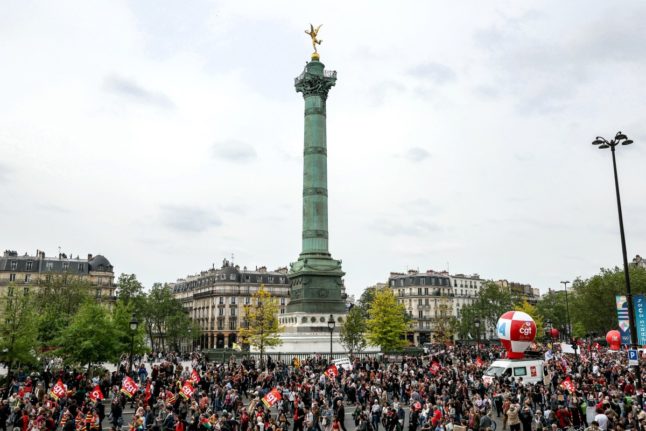
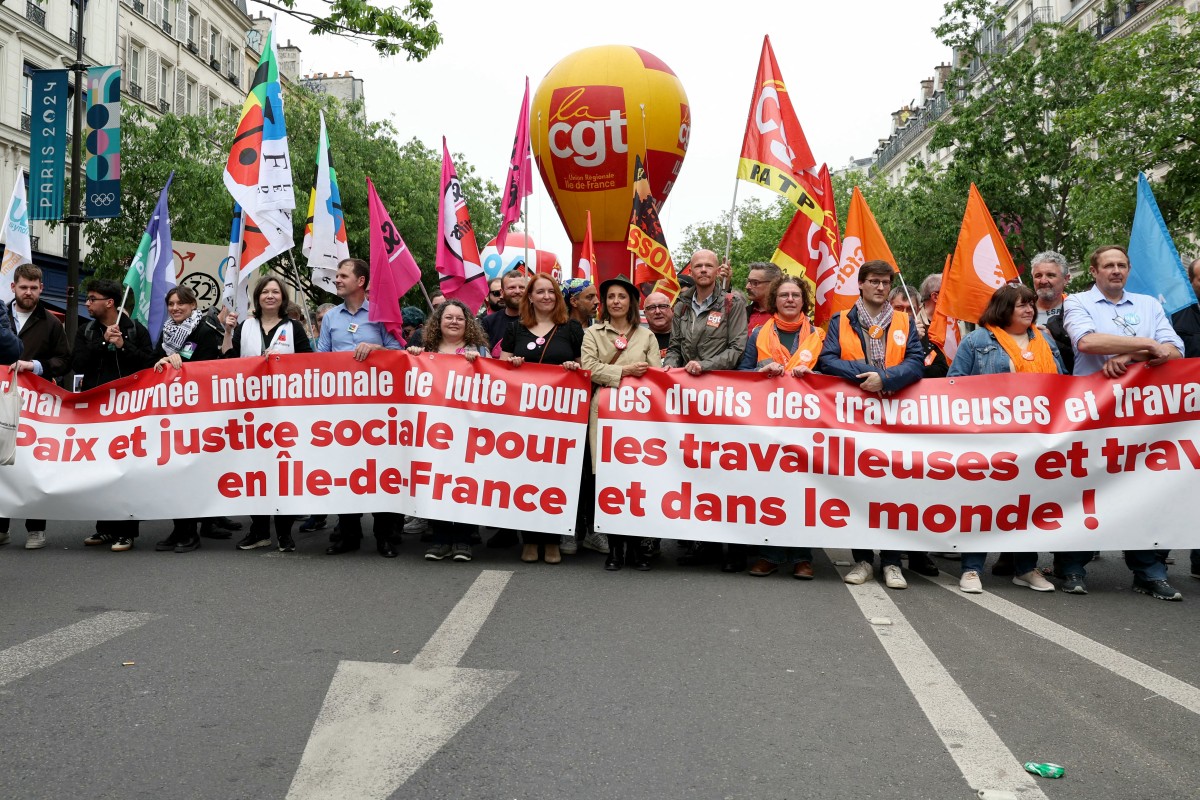
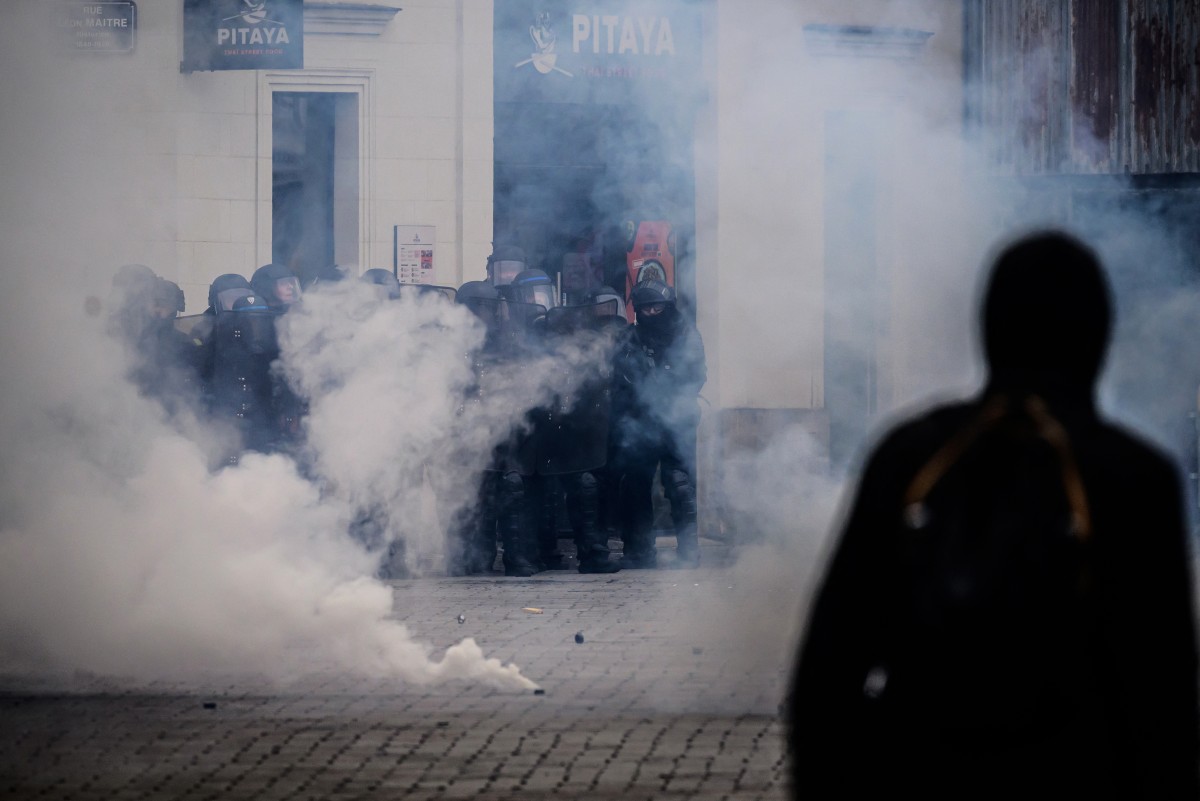
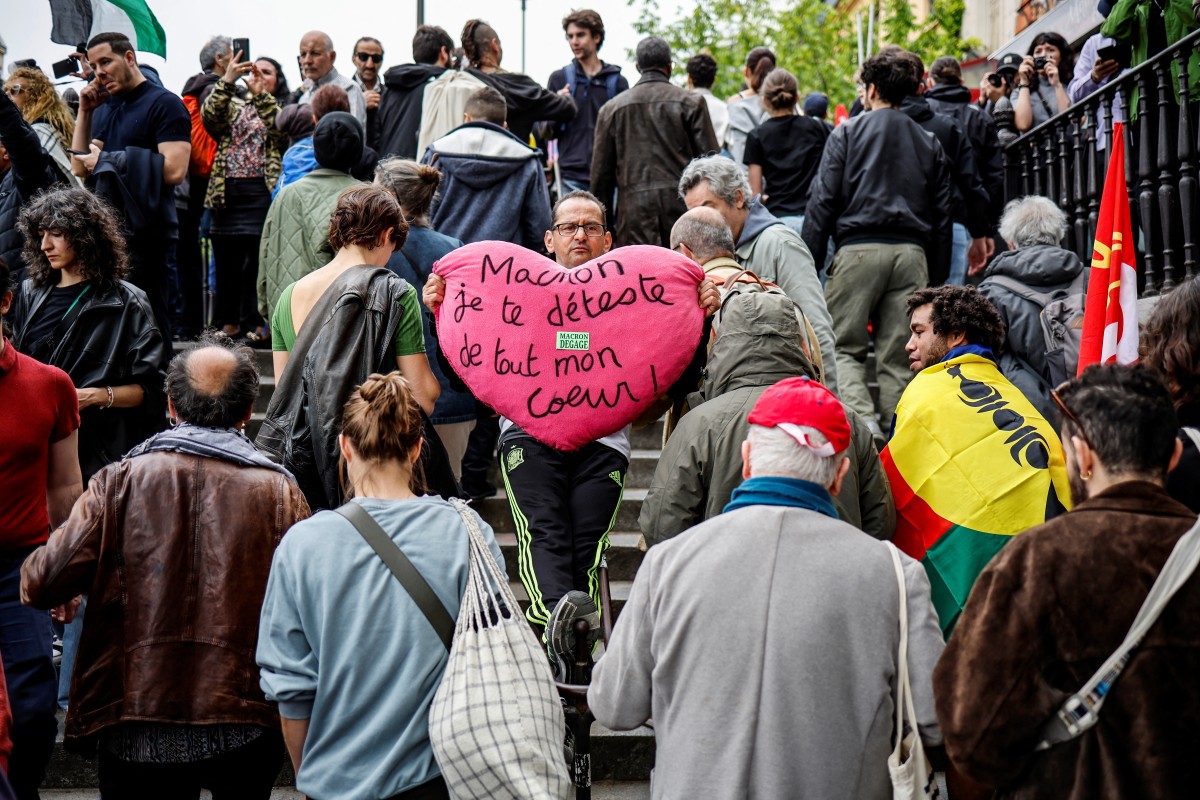

 Please whitelist us to continue reading.
Please whitelist us to continue reading.
Member comments